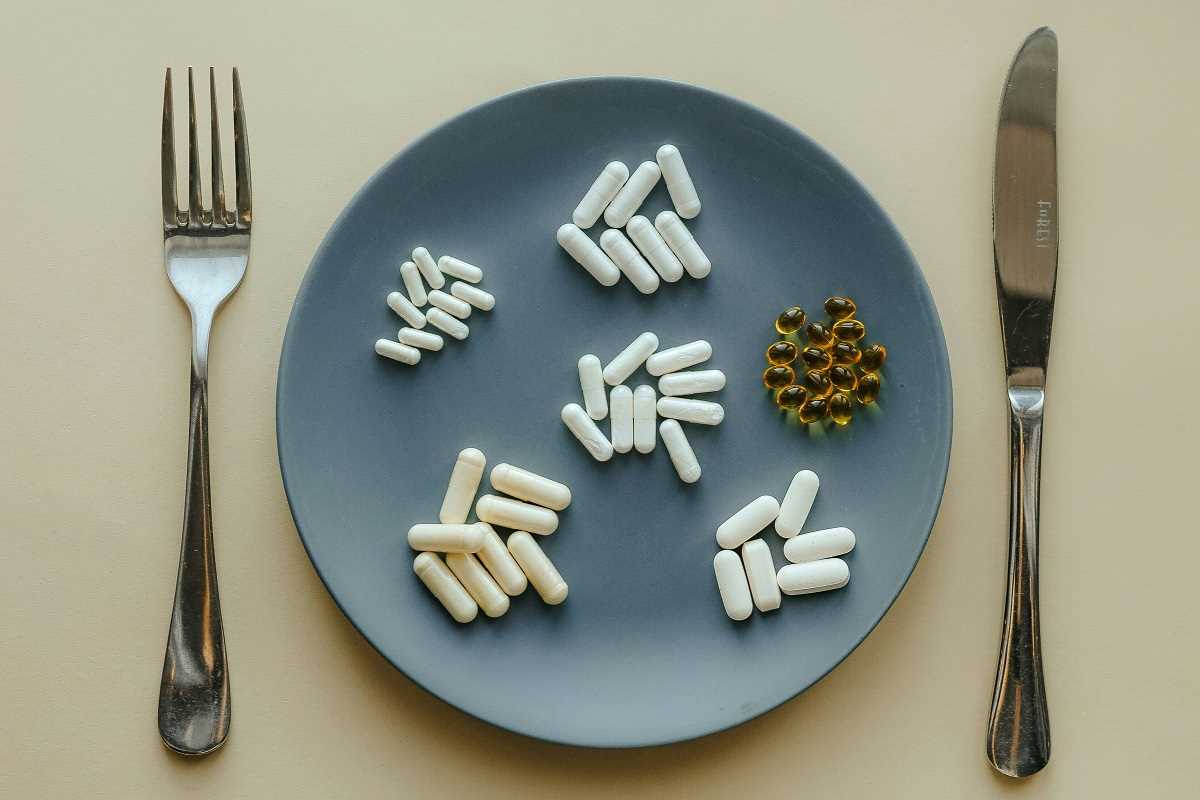Recovering from surgery is no small feat. For amateur bodybuilders, the thought of staying out of the gym can feel like losing progress you've worked so hard to achieve. However, there’s one powerful training tool you can use while you’re sidelined from lifting weights: nutrition.
Eating the right foods can help your body heal faster, rebuild strength, and even reduce inflammation and pain. Recovery isn’t just about resting up; it’s about giving your body the fuel it needs to repair itself effectively so you can get back to crushing your goals.
If you’re eager to learn how your diet can make or break your recovery, keep reading. We’re breaking down everything you need to know about using nutrition to accelerate post-surgery healing.
Post-Surgery Recovery 101
When your body undergoes surgery, it’s essentially healing from a controlled injury. Whether it was a joint repair, ligament replacement, or a routine procedure, your body now has a big task to accomplish. It needs to mend tissues, reduce inflammation, and create an environment for healthy recovery. While rest and medications are often the first things that come to mind post-surgery, food plays an equally important role in this process.
Think of your recovery like rebuilding a house. Your body is the construction crew, and food equals the materials and tools required for the repair work. Without the right nutrients, it’s like trying to build that house with broken or missing parts.
Why Nutrition Matters for Bodybuilders
For anyone who lifts weights, body composition and muscle repair are top priorities. Surgery often puts these goals on hold not only because you’re inactive, but because healing uses up an incredible amount of energy and nutrients. During the recovery phase, your body shifts its focus from maintaining muscle toward repairing damaged tissues and fighting inflammation. Without the right diet, your hard-earned strength could diminish.
Consuming nutrient-dense foods ensures your muscles stay fueled, your immunity stays strong, and your overall recovery progresses efficiently. Additionally, eating well can minimize surgical side effects like bloating, fatigue, or digestive discomfort.
But here’s the exciting part for lifters like you: the same nutrition principles you follow to build muscle and prevent injury also apply during post-surgery recovery. It’s just a matter of tweaking your focus.
How Nutrition Helps You Heal Faster
1. Boosts Tissue Repair
After surgery, your body’s top priority is rebuilding damaged tissues. Protein is a critical player here. Since muscle repair is a process you’re no stranger to as a bodybuilder, you probably understand that amino acids (the building blocks of protein) are essential. But during recovery, the demand for amino acids skyrockets.
Foods like chicken, eggs, fish, tofu, and dairy provide the proteins your body needs to knit tissues back together. For those who swear by protein powders, stick with high-quality options such as whey isolate or a plant-based blend to cover all amino acid bases.
2. Combats Inflammation
Inflammation is part of your body’s natural healing process, but too much of it can slow down recovery and cause pain. That’s where anti-inflammatory foods can step in to save the day.
Omega-3 fatty acids, found in foods like salmon, chia seeds, and walnuts, reduce excessive inflammation while supporting joint health. Turmeric, ginger, and green tea also offer anti-inflammatory benefits and can be easily worked into meals or tea.
3. Provides Energy for Healing
Your body needs a lot of energy to recover, even if you’re not as active as usual. Carbohydrates are the main source of fuel for surgery recovery because they support tissue repair and keep your energy levels up. Atlas nutrition for recovery isn’t about complete carb-loading. Instead, aim for nutrient-dense options like sweet potatoes, oats, quinoa, or whole-grain bread. These will keep you energized and provide fiber for gut health.
4. Helps Build Collagen
Collagen is essential for healing wounds, repairing cartilage, and maintaining connective tissues such as ligaments and tendons. If you’ve undergone a surgery that affects your joints or tendons, this might be particularly important. Vitamin C is essential for collagen production, so load up on citrus fruits, bell peppers, broccoli, and strawberries. Bone broth and gelatin can also give your body a direct source of collagen to work with.
5. Supports Immunity
Post-surgery, your immune system is in overdrive, working to protect you from infections while supporting recovery. Nutrients like zinc, found in foods such as lean beef, seeds, nuts, and shellfish, help strengthen your immunity. Vitamin A (from carrots, spinach, and sweet potatoes) and Vitamin E (from almonds and sunflower seeds) also play critical roles in keeping you infection-free.
The Ultimate Foods to Accelerate Healing
Not sure what to add to your plate? Here’s a list of recovery superstars that should be in heavy rotation:
- Lean Proteins: Chicken breast, turkey, eggs, whey protein, Greek yogurt, tofu
- Omega-3-rich Foods: Salmon, mackerel, walnuts, chia seeds, flaxseeds
- Vibrant Veggies: Spinach, kale, broccoli, carrots, red bell peppers
- Fruits High in Vitamin C: Oranges, strawberries, kiwis, papayas
- Complex Carbs: Sweet potatoes, quinoa, oats, whole-grain bread
- Healthy Fats: Avocado, olive oil, almonds, sunflower seeds
- Herbs and Spices: Turmeric, ginger, garlic
Quick Tips for Optimized Recovery Nutrition
- Hydrate, Hydrate, Hydrate - Water is your best friend post-surgery. Dehydration can lead to slower recovery, reduced energy levels, and poor digestion. Make it a goal to drink 8–10 glasses a day. Electrolyte-enriched drinks like coconut water can also help keep your levels balanced.
- Don’t Skip Fiber - Anesthesia and pain medications can often cause constipation. Including fiber-rich foods like leafy greens, whole grains, and legumes can keep things moving, easing digestive discomfort.
- Plan Your Meals in Advance - You might not feel like cooking post-surgery, so prep your meals ahead of time or enlist a friend’s help. Prepping soups, stir-fries, or roasted vegetables with protein ensures you’ll always have something nutritious on hand.
- Avoid Processed Foods - Fast food, refined sugars, and trans fats can increase inflammation, slowing your progress. Stick to clean, whole foods that are gentle on your body.
- Supplement Smartly - If you’re struggling to meet your nutritional needs through food alone, supplements like Vitamin C, zinc, or omega-3 capsules might help. However, always consult with your doctor before taking anything new post-surgery.
Recovering from surgery is about the long game. While it may be frustrating to take a break from the gym, focusing on nutrition gives you a proactive way to support healing, minimize downtime, and set yourself up for a stronger comeback. Every meal is an opportunity to speed up your recovery while preserving the progress you’ve already made.
 (Image via
(Image via
.jpg)




